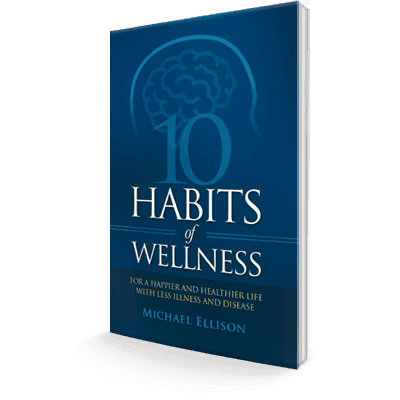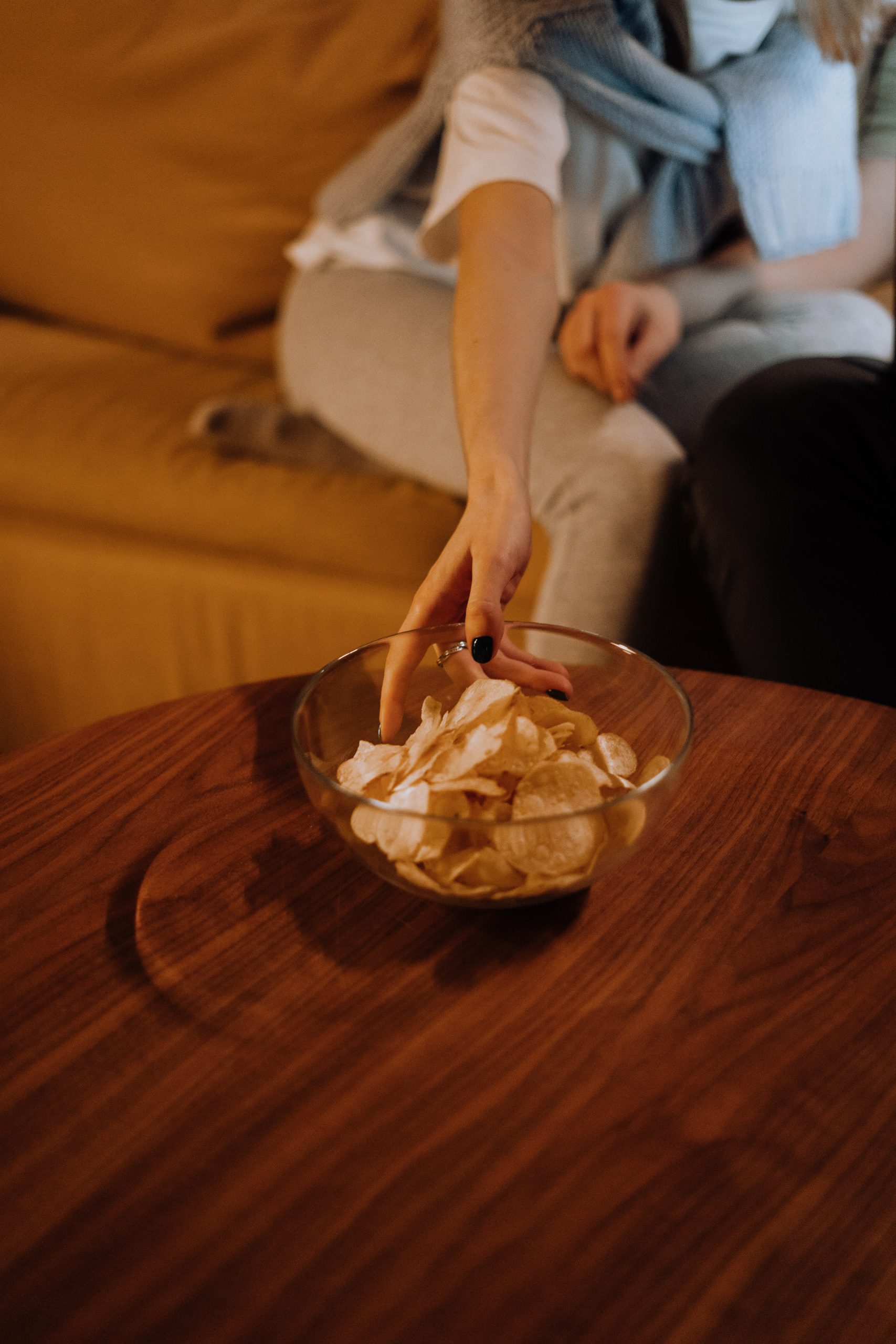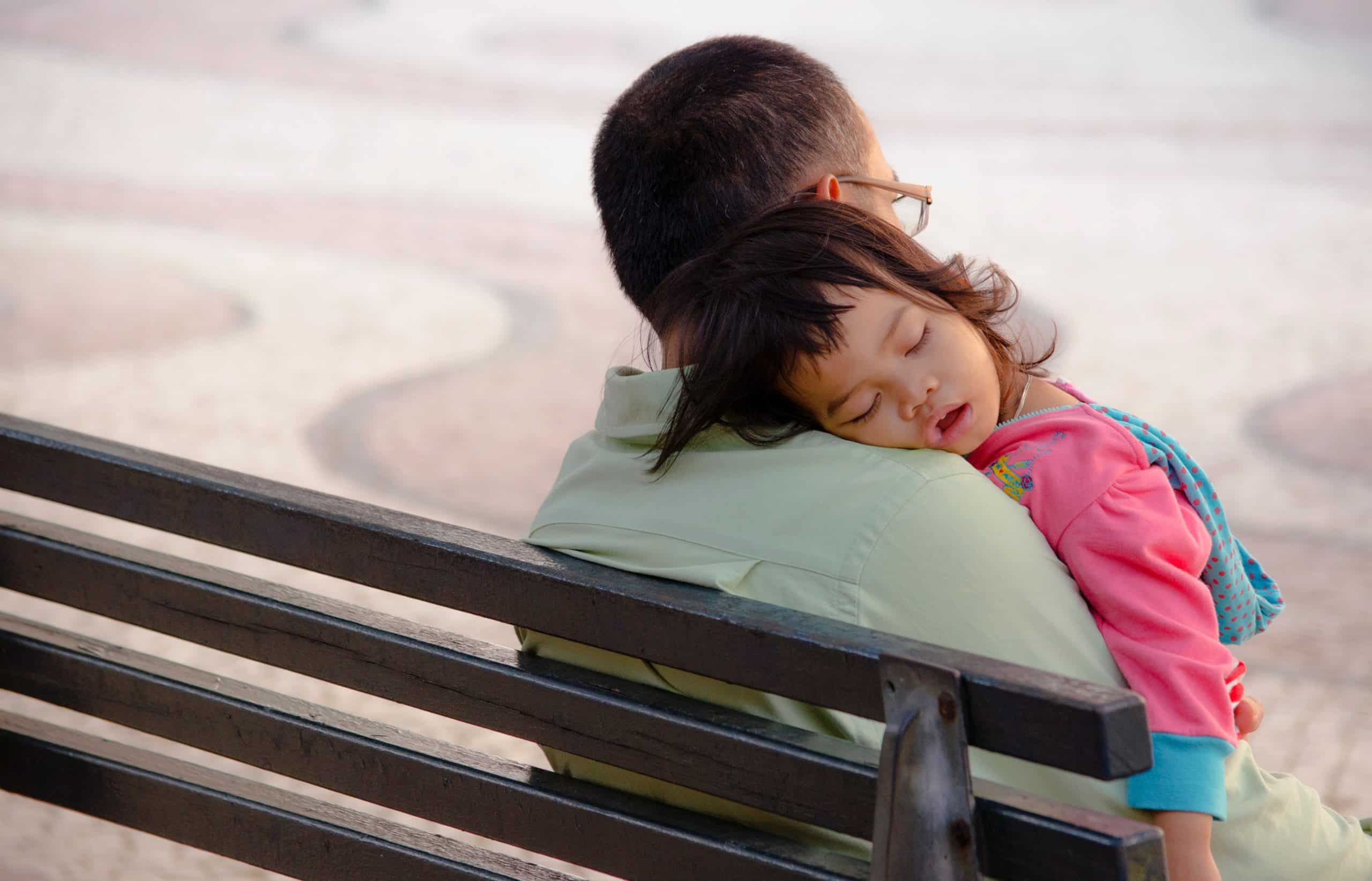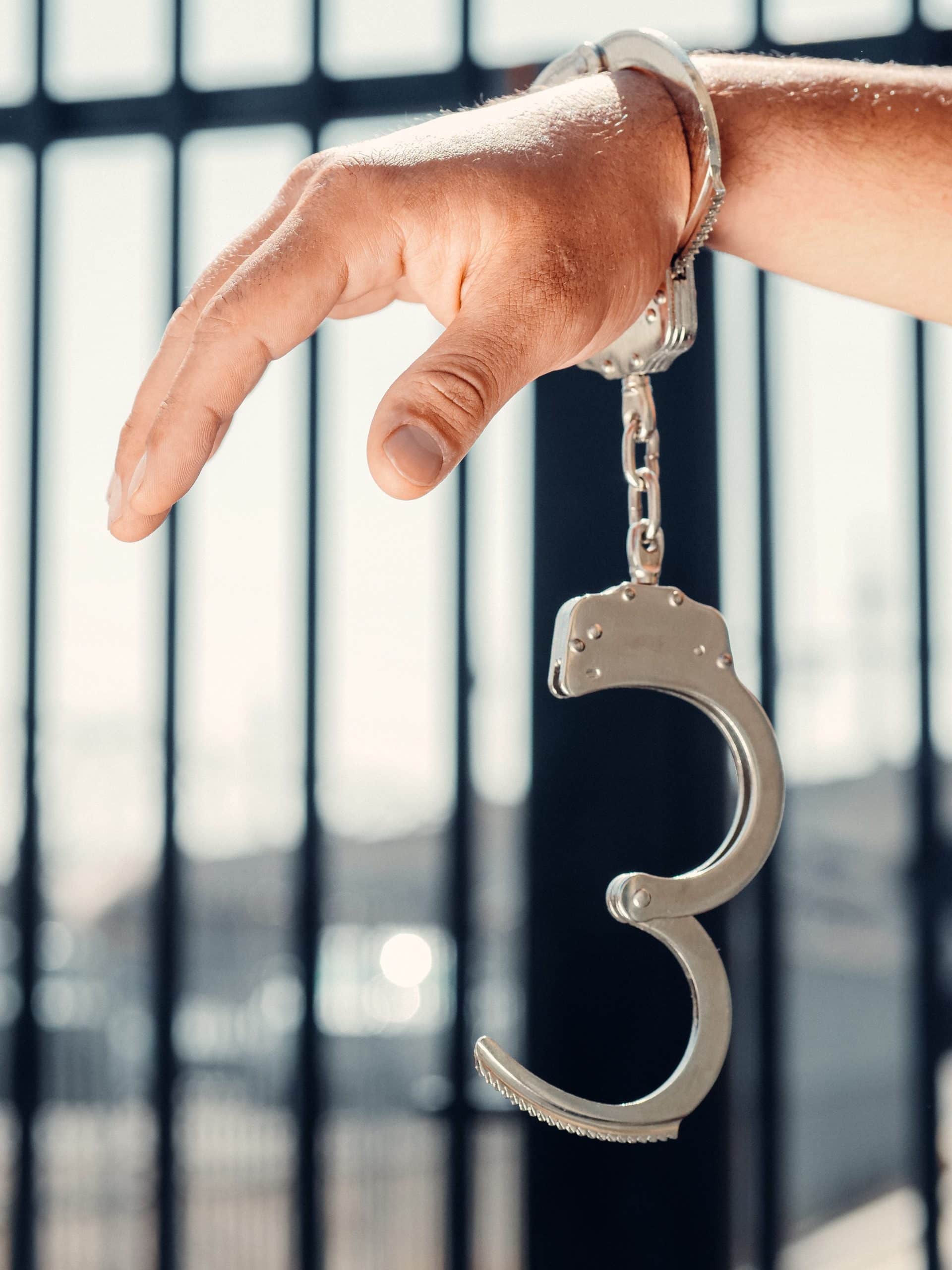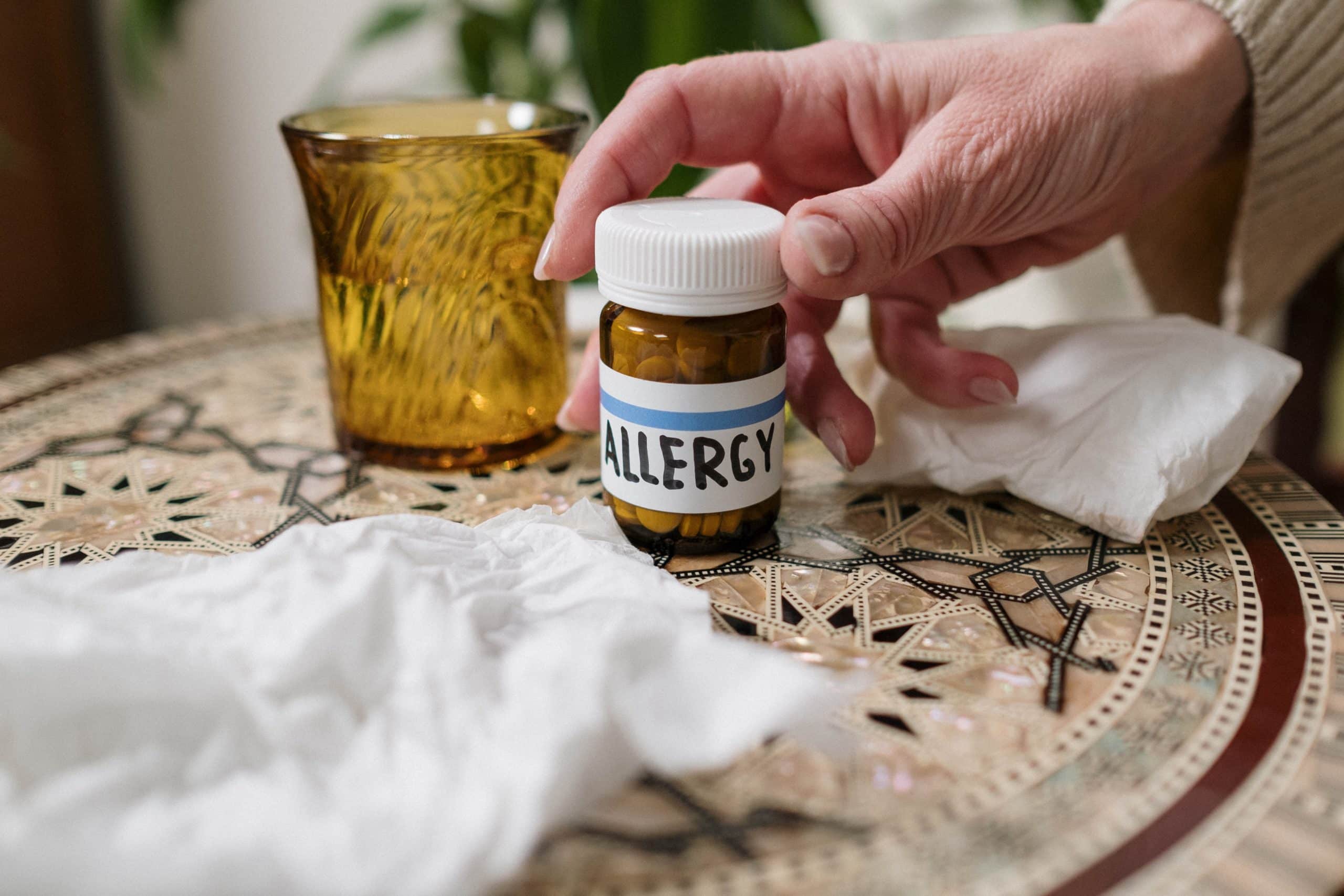What is Anxiety?
Anxiety is a natural response to stress. It’s your body’s way of alerting you to potential danger or threats. Think of it as your brain’s alarm system telling you to be careful.
Sometimes, this alarm system works well and helps you stay safe. For example, if you see a car speeding towards you, anxiousness makes you jump out of the way quickly.
However, sometimes, this alarm system goes off when there is no real danger. This can happen before a test when you meet new people or even for no clear reason at all. When anxiety happens too often or feels extremely intense, it can become a problem that interferes with daily life.

Anxiety Symptoms
Anxiety can make you feel a lot of different things, both in your mind and your body. Here are some common symptoms of anxiety:
- Feeling Nervous or Worried: You might feel scared or worried about things that other people might not find scary.
- Rapid Heartbeat: Your heart might feel like it’s beating rapidly, even when you’re not exercising.
- Sweating: You might start sweating a lot, even if you’re not hot.
- Trembling or Shaking: Your hands or other parts of your body might shake or tremble.
- Breathing Problems: You might feel like you can’t catch your breath or are breathing rapidly.
- Feeling Tired: Anxiety can make you feel exhausted, even if you haven’t done much physically.
- Stomachaches: Your stomach might hurt, or you might feel like you need to go to the bathroom a lot.
- Trouble Sleeping: Anxiety can make it hard to fall asleep or stay asleep.
These are just some of the symptoms you might feel if you have anxiety. Everyone’s experience is different, and some people might have other symptoms, too.
Types of Anxiety
Different types of anxiety have their own unique features. Here are a few common types:
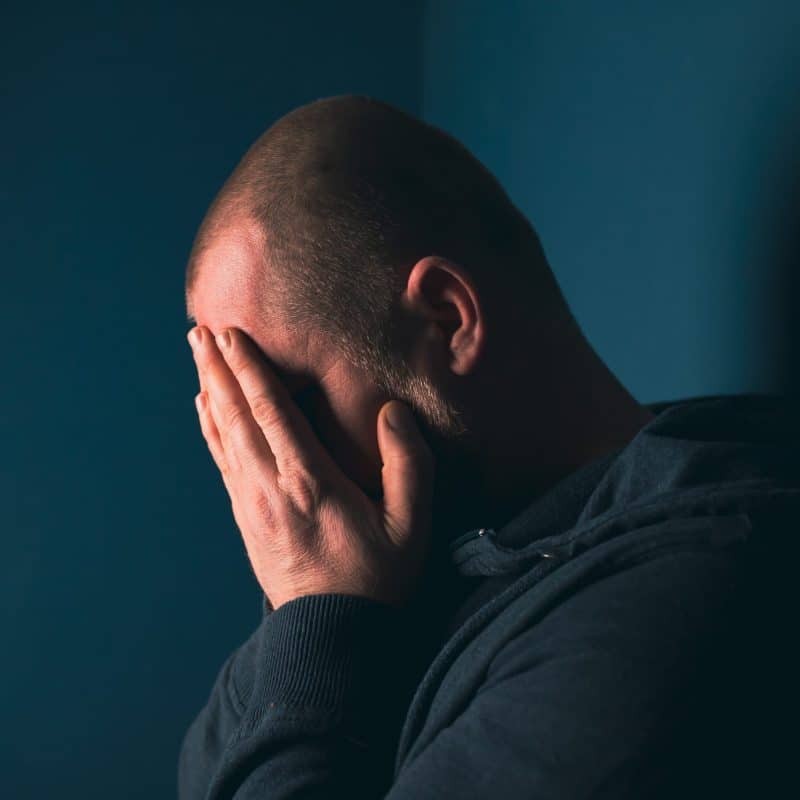
Generalized Anxiety Disorder (GAD): This is when you feel anxious about many different things on most days. You might worry a lot about school, friends, family, health, and even small things in your daily life.
Panic Disorder: This type of anxiety causes sudden, intense feelings of fear called panic attacks. During a panic attack, you might feel like you can’t breathe or that something terrible is about to happen.
Social Anxiety Disorder: This is when you feel very nervous or scared in social situations. People with social phobia worry about talking to others, being judged, or embarrassing themselves.
Specific Phobias: A phobia is a strong fear of something specific, like heights, spiders, or flying. Even thinking about these things can make you very anxious.
Separation Anxiety Disorder is common in children. It happens when they feel extremely scared or upset when they are away from their parents or home.
Managing Anxiety
While anxiety can feel overwhelming, there are many ways to manage it and feel better. Here are some holistic tips to help you cope with anxiety:
- Breathing Exercises
Deep breathing can help calm your body and mind.
Try this easy exercise: Breathe in through your nose for four seconds. Hold your breath for four seconds. Finally, exhale through your mouth for four seconds. Repeat this a few times until you start feeling calmer.

- Stay Active
Exercise is a great way to reduce anxiety. Activities like walking, running, dancing, or playing sports can help release tension and improve your mood. Aim for at least 30 minutes of physical activity most days of the week.
- Eat a Healthy Diet
Eating well can also help manage anxiety. Try to eat a balanced diet with plenty of fruits, vegetables, whole grains, and lean proteins. Avoid too much caffeine and sugar, as these can make anxiety worse.
- Get Enough Sleep
Sleep is important for your overall well-being. Try to get 8-10 hours of sleep each night. If you have trouble sleeping, try creating a relaxing bedtime routine, like reading a book or taking a warm bath before bed.

- Talk About It
Talking to someone you trust about your feelings can be immensely helpful. This could be a parent, teacher, friend, or counselor. Sometimes, just getting your worries off your chest can make a significant impact.
- Practice Mindfulness
Mindfulness is about paying attention to the present moment without judging it. This can help you feel more grounded and less anxious. You can practice mindfulness through activities such as meditation, prayer, or yoga. To feel less anxious, you can also focus on your senses, like sight, sound, smell, taste, and touch, for a few minutes every day.
- Set Small Goals
If you’re feeling overwhelmed, try breaking complex tasks into smaller, more manageable steps. Set small goals for yourself and celebrate when you achieve them. This can help you feel more in control and less anxious.
- Limit Screen Time
Spending too much time on screens can increase anxiousness, especially if you’re looking at stressful or negative content. Try to limit your screen time and take regular breaks to do something else, like reading a book or going for a walk.
- Stay Connected
Having a support system is important. Make time to connect with friends and family, whether it’s through talking, playing games, or just hanging out together. Feeling connected can help reduce anxiousness.
- Seek Professional Help
If your anxiety feels too big to handle on your own, it’s okay to ask for help. Anxiety can contribute to other medical conditions if untreated.
You can get help from a counselor, therapist, or doctor to manage anxiety disorders. This can improve your quality of life. They can teach you strategies to cope with anxiety. Seeking professional help is important for managing anxiety disorders.



